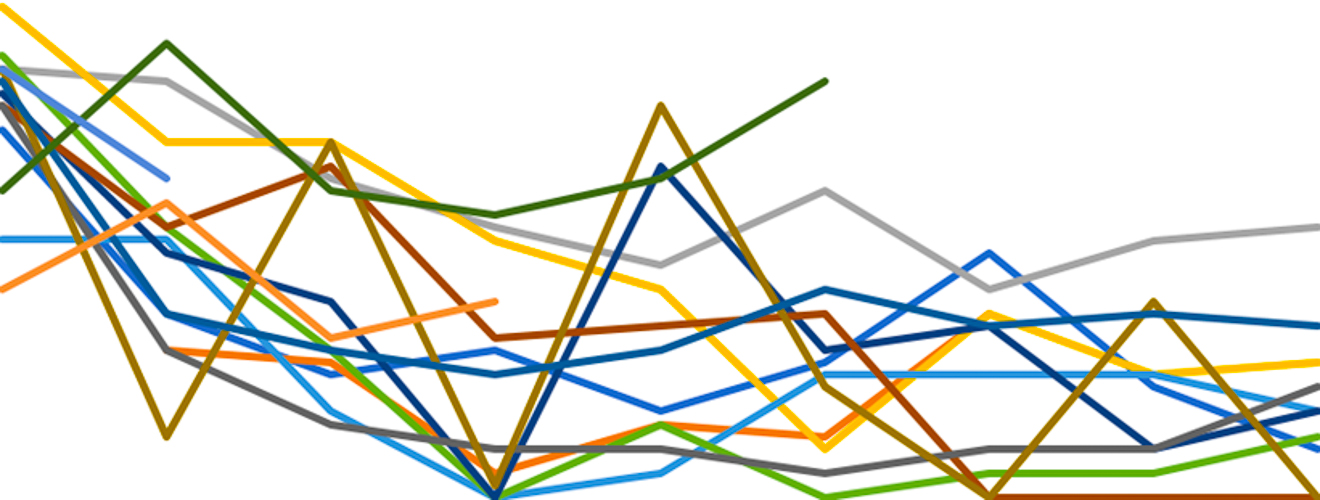My name is Jonathan Berg. I have been working as a medical anthropologist doing research with people living in poverty and marginalization since 2012. I currently work at the Erasmus University. In the past few years I have been involved as a researcher with an experiment in the Netherlands which I think might be of interest to BIEN website visitors.
For a period of three years, a group of 14 people under forensic psychiatric care (meaning having a criminal history and a severe mental affliction), received an almost rule-free extra income to find out if taking away their financial stress (scarcity theory) would reduce the amount of public nuisance they caused and crimes committed. All they had to do to keep receiving the money was: 1) not be incarcerated, 2) have an address in the city where the experiment took place, and 3) talk to researchers every 6 months.
We did a longitudinal qualitative study using the case history method to carefully map all developments and thus were able to study and describe the lives of the participants and observe changes in their behavior. When we first met the participants, many of them were living in in cycles of: poverty, debts, violent or criminal behavior, psychiatric troubles, and drug use. With little to no perspective of any improvement, many lacked the ability to see a future for themselves and some saw only death as a way out of their misery.
Since these participants often had a history of substance abuse, there were worries that they would spend the income of alcohol and drugs. However, a negligible amount the money actually was thus spent. Instead, they spent it making their houses more livable, and on food, self care, medical costs, transportation, and social activities. For most of the participants the money meant a world of change and we noted an overall improvement in their mental wellbeing and a decrease in the risk of recidivism.
We saw three ways in which the steady extra income helped reduce violent or otherwise criminal behavior. Firstly, the extra money provided income security. This made them less dependent on undeclared work and crime to make ends meet. Secondly, they had less financial stress, so they could control their impulses better and were better able to cope with setbacks that would have otherwise triggered, for example, violent behavior. Thirdly, they cherished the improved quality of life due to the extra income, and did not want to risk loosing it. Therefore, they were more thoughtful about any behaviors that might come with the risk of incarceration, since that would (temporarily) stop the monthly payment.
Unsurprisingly, during the experiment the participants did not turn into model citizens and we observed many other influences inhibiting them from living in the ways that they wanted. But, as one of the participants said: “Money is not everything, but everything is money”. It seems that for people living in extremely marginalized situations, like forensic psychiatric clients, a guaranteed minimum income could help shape preconditions needed to escape their chains of poverty, psychological afflictions, stress, and criminal or aggressive behavior.
Our research report, including all the inspiring and sometimes confrontational stories of the participants, is currently only available in Dutch. We will work on publishing it in an international academic journal at a later stage, but that will take some time.
The initiative for this experiment was taken by Irene Veldhuis and Wouter Boekweit, who at the time both worked in forensic psychiatric care. The Research was done by Jonathan Berg and Dorien Mul.
Jonathan Berg
PhD candidate
Erasmus School of Health Policy & Management
Mobile: +31 634402726
Email: berg@eshpm.eur.nl


